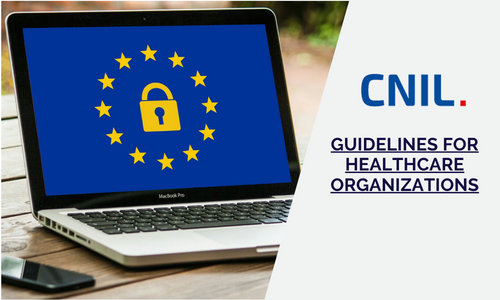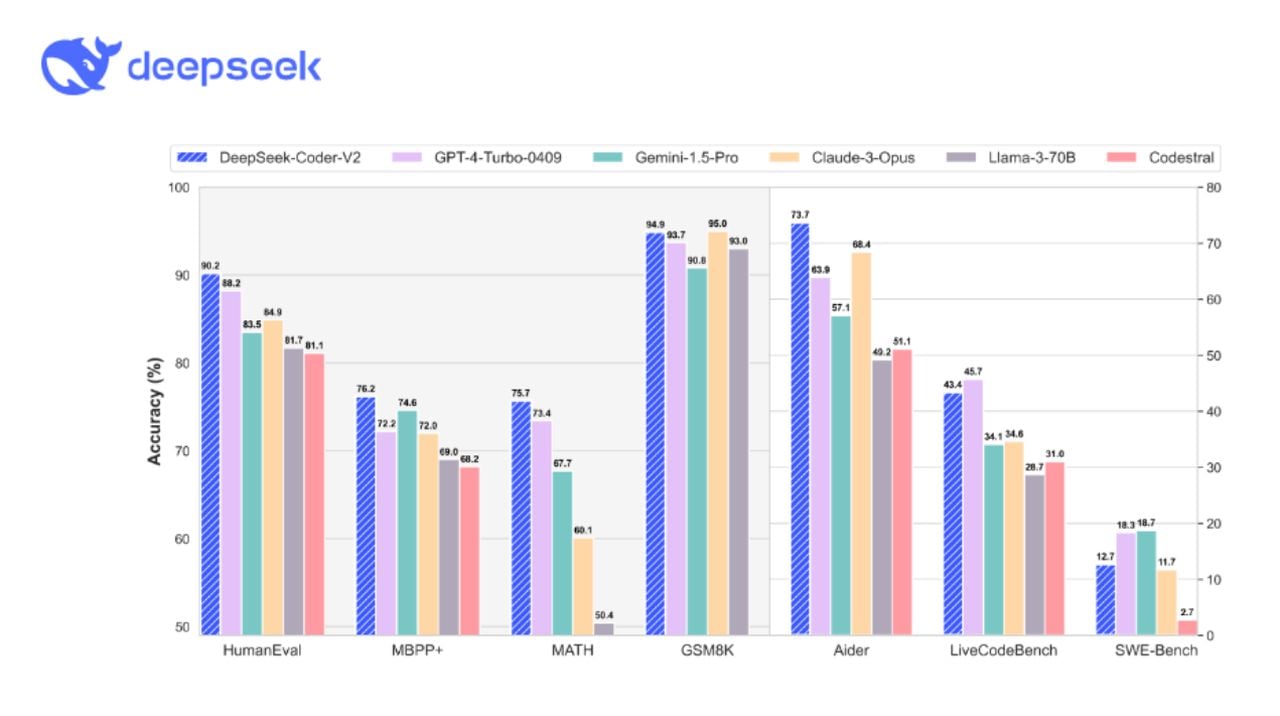New CNIL Guidelines On AI: A Practical Guide For Compliance

Table of Contents
Understanding the Scope of the New CNIL Guidelines on AI
The CNIL's AI guidelines encompass a broad range of AI systems and data processing activities. This isn't just about futuristic robots; it impacts numerous applications already in use. Specifically, the guidelines address AI systems involved in automated decision-making processes that significantly impact individuals' rights and freedoms. This includes, but is not limited to:
- Predictive policing: Algorithms used to anticipate crime hotspots or assess individual risk.
- Facial recognition: Systems used for identification and surveillance purposes.
- Credit scoring: AI-powered systems used to assess creditworthiness.
- Healthcare diagnostics: AI tools used to aid in medical diagnosis and treatment.
The guidelines primarily affect processing of personal data, including sensitive personal data (health, ethnicity, religious beliefs, etc.). Crucially:
- Differences from previous regulations: These guidelines offer more specific and detailed requirements concerning AI compared to previous data protection regulations, emphasizing the unique risks posed by AI systems.
- Impacted sectors: The guidelines impact a wide variety of sectors, notably healthcare, finance, law enforcement, and marketing. Any organization using AI to process personal data in France needs to comply.
- AI techniques covered: The guidelines cover a variety of AI techniques, including machine learning, deep learning, and natural language processing.
Key Principles for AI Compliance under the CNIL Guidelines
The CNIL's AI guidelines center around several key principles that businesses must integrate into their AI systems and processes. These are not optional additions; they are fundamental to compliance.
Data Protection by Design and Default
This core principle necessitates incorporating data protection from the very outset of AI system development. It's not an afterthought; it's woven into the fabric of the system's design.
- Data minimization: Collect only the data absolutely necessary for the AI system's purpose. Avoid excessive data collection.
- Purpose limitation: Clearly define the intended purpose of data collection and use, ensuring the AI system only uses data for that specific, pre-defined purpose.
- Security measures: Implement robust security measures to protect personal data from unauthorized access, use, disclosure, alteration, or destruction. This includes appropriate technical and organizational safeguards.
Transparency and Explainability
Individuals have a right to understand how AI systems impacting them operate. This requires transparency and, where possible, explainability of the AI's decision-making process.
- Information to data subjects: Provide clear and concise information about the use of AI in decision-making processes that affect individuals.
- Accessible explanations: Strive to offer understandable explanations of how AI systems arrive at their decisions. While full explainability may not always be feasible, efforts to enhance transparency are crucial.
- Explainability methods: Employ techniques such as feature importance analysis, LIME (Local Interpretable Model-agnostic Explanations), or SHAP (SHapley Additive exPlanations) to increase the transparency of AI models, where appropriate.
Human Oversight and Control
Human oversight is vital to mitigate risks associated with AI. Automated decisions should not replace human judgment entirely.
- Human review mechanisms: Implement processes for human review of AI-driven decisions, especially in high-stakes situations.
- Accountability: Establish clear lines of responsibility for AI system development, deployment, and oversight.
- Mandatory human intervention: Certain decisions, particularly those with significant consequences for individuals, require mandatory human intervention before finalization.
Practical Steps for Achieving CNIL AI Compliance
Achieving CNIL AI compliance requires a proactive and structured approach. Here's a step-by-step guide:
- Conduct a Data Protection Impact Assessment (DPIA): Assess the risks associated with your AI system’s processing of personal data. This crucial step helps identify potential vulnerabilities and guides mitigation efforts.
- Implement appropriate technical and organizational measures: Employ technical safeguards (e.g., encryption, access controls) and organizational policies (e.g., data retention policies, training programs) to protect data.
- Develop a comprehensive compliance program: Establish a documented program outlining your organization's approach to CNIL AI compliance, including roles, responsibilities, and procedures.
- Establish mechanisms for handling complaints and requests: Implement processes for handling data subject access requests, complaints, and other requests related to your AI systems.
- Regularly audit and update AI systems and processes: Conduct regular audits to ensure ongoing compliance and update your AI systems and processes as needed to address evolving risks and regulations.
Ensuring Ongoing Compliance with the New CNIL AI Guidelines
Successfully navigating the new CNIL AI guidelines hinges on understanding and implementing the key principles outlined above, coupled with a robust, proactive compliance program. Remember, non-compliance can lead to significant fines and reputational damage. Staying abreast of updates and evolving regulations from the CNIL is crucial. Ensure your AI systems are CNIL compliant. Achieve CNIL AI compliance today by proactively assessing your systems and seeking expert advice if needed. Learn more about CNIL AI regulations and take the necessary steps to safeguard your organization and your users' data.

Featured Posts
-
 Romance Drama Tv Shows Guaranteed To Surprise You 10 Plot Twist Picks
Apr 30, 2025
Romance Drama Tv Shows Guaranteed To Surprise You 10 Plot Twist Picks
Apr 30, 2025 -
 Chat Gpt Vs Google Shopping Open Ais Latest Challenge
Apr 30, 2025
Chat Gpt Vs Google Shopping Open Ais Latest Challenge
Apr 30, 2025 -
 Afterschool Program Tragedy Car Crash Leaves Multiple Children Dead
Apr 30, 2025
Afterschool Program Tragedy Car Crash Leaves Multiple Children Dead
Apr 30, 2025 -
 The Warring Mobs Of London A Look At The Criminal Underworld
Apr 30, 2025
The Warring Mobs Of London A Look At The Criminal Underworld
Apr 30, 2025 -
 Extensive Black Sea Beach Closures After Large Scale Oil Spill In Russia
Apr 30, 2025
Extensive Black Sea Beach Closures After Large Scale Oil Spill In Russia
Apr 30, 2025
